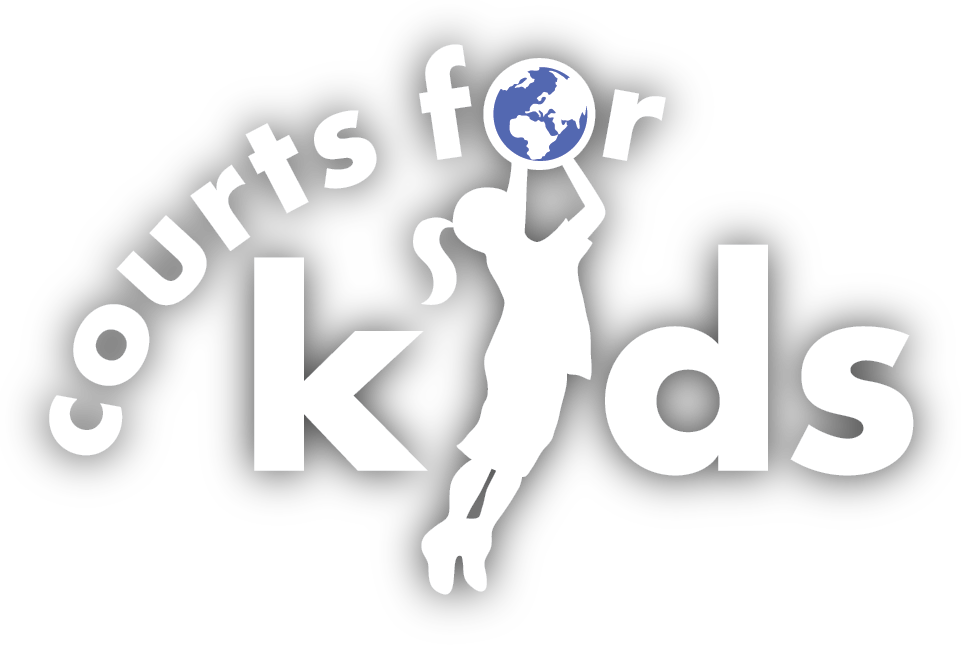El Cano, Dominican Republic
El Cano is a Batey community two hours north of Santo Domingo. Bateyes were developed for migrant Haitian workers in the sugar cane plantations. They are the poorest communities in all of the DR. El Cano is comprised of a single dirt road with very modest homes, shops, barracks for the Haitian workers to sleep in. At the end of this dirt road is their new basketball/volleyball court in large thanks to the initiative of the community as well as a fraternity group from Theta Xi at The University of Washington.
Here is how one of the college students interpreted the experience: I arrived in the Dominican Republic with preconceived reasons for my participation in the trip. Ten fraternity brothers and I were raising money in an effort to construct an athletic court for a community that lacked resources to do it themselves. The danger inherent in this mindset is that it subconsciously stigmatized the culture as unable and incapable of caring for itself. However, this could not have been further from the truth. The community displayed remarkable initiative in the project. Prior to our arriving, El Cano identified an athletic courst as a desired component of their community. They worked tirelessly to make this a reality and on January 18, 2012, the project broke ground.
Over the courst of three months, residents clear-cut the site, leveled the dirt, and eagerly prepared for our arrival. The community continued to work alongside us mixing and pouring cement over four grueling days. Recently I received an update from the Peace Corps volunteer stationed in El Cano. He remarked on the community's considerable pride in constructing the athlectic court. This same sense of pride was evident in other aspects of their community. We watched the residents perform traditional dances and music, ate the locally cooked cuisine, played baseball with the children, and participated in customary festivals. I expected to feel sympathy for El Cano, but instead admired all that they had because the community was so anxious to share it.
We did not save El Cano by constructing an athletic court. To say this is to suggest that the residents are entirely dependent on our humanitarian efforts. Rather we believed in El Cano. Our presence showed that our community cares and believes enough in their community to assist them. This is something that El Cano will never forget. I will certainly apply this experience to continued academic coursework and career aspirations focusing on international development.
It is one thing to read about culture or study the issues, but it is something completely different to experience it and live in the middle of it. What was and always be the most shocking to me is just how similar the people of DR to everyone I know. Humanity doesn't change, we as people just have a bad habit of treating it differently. Throughout the experience, whether it be working hard in the court until we could even lift our heads out of exhaustion, to joining the community in the local dance bar for a classic Dominican shindig, I could never shake the thought that there was no place else I would have rather spent my Spring Break than with the wonderful community of El Cano. This experience was far more than hard work, we toiled and help build a tool for community that will be enjoyed for years to come. We also had the chance to play on the court and to have something so simple as concrete bridge the gap between languages, cultures, and ages, it was then that I realized the profound magnitude and value of this organization. I sincerely hope that Theta Xi can continue our relationship with CFK and go on more trips in the future!
The labor, while some of the most intensive physical labor, was highly rewarding as we were given the opportunity to experience the culture of El Cano. Their traditions, values, heritage and cuisine. I know that the leaders of El Cano highly anticipated the benefits the court would provide their community. Lastly, it was nice to be able to leave behind something that lasts. In contrast to trips where a community is visited for a week and then left as it was, Courts for Kids leaves behind something whose value just begins as the team departs. And that is awesome.
